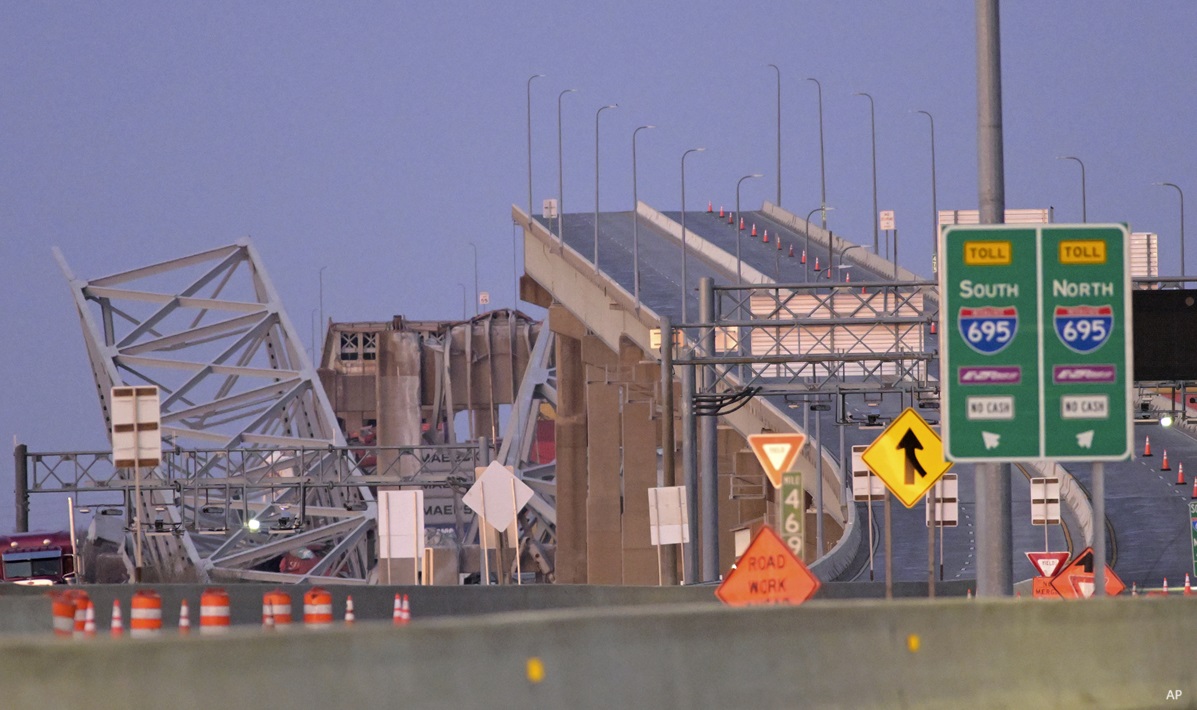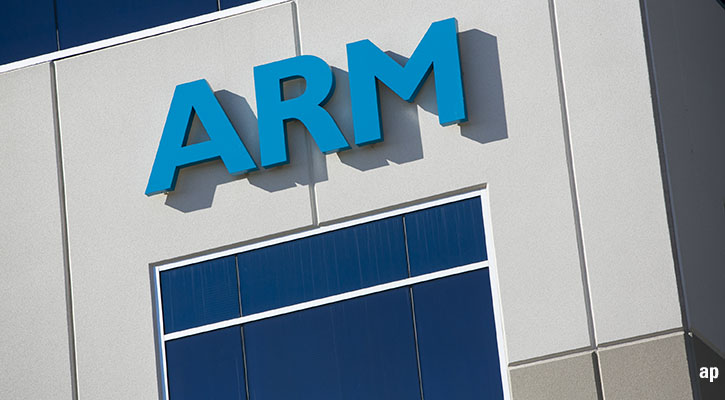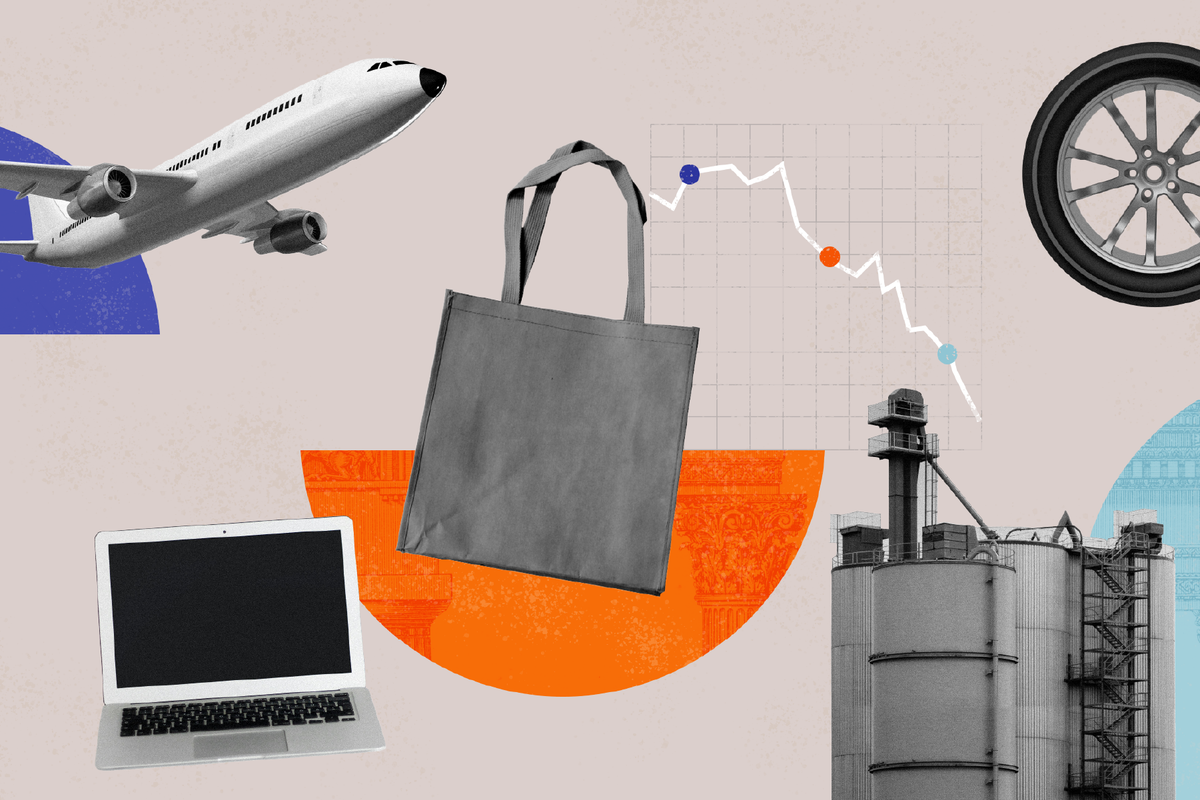
The spectacular collapse of the Francis Scott Key Bridge in the U.S. port of Baltimore after being struck by a container ship captivated the world last week and rattled the stock market. The incident left in its wake short- and long-term consequences for some businesses.
The Port of Baltimore ranks as the ninth-largest port in the U.S. and manages a diverse range of cargo, including automobiles, machinery, agricultural equipment, liquefied natural gas, and sugar. “Insured losses could total between US$2 billion and US$4 billion, surpassing the record insured losses of the Costa Concordia catastrophe,” says a Morningstar report.
The mishap has caused considerable disruption to the following companies that depend on this key transportation infrastructure to run their operations smoothly.
The largest global cruise company, Carnival (CCL) operates a fleet of 92 ships. Its portfolio of brands includes Carnival Cruise Lines, Holland America, Princess Cruises, and Seabourn in North America; P&O Cruises and Cunard Line in the UK; Aida in Germany; Costa Cruises in Southern Europe; and P&O Cruises in Australia. Carnival’s cruises attracted nearly 13 million guests in 2023.
Carnival anticipates a staggering US$10 million hit from Baltimore bridge collapse. The financial damage is caused since Carnival is forced to change its homeport.
The operator is the largest company in the cruise industry, with multiple global brands and a large fleet of ocean liners. “The global cruise market has historically been underpenetrated, offering cruise companies a long-term demand opportunity,” says a Morningstar equity report.
Additionally, prior to the pandemic, reallocating ships to burgeoning markets such as Asia-Pacific helped stabilize supply in high-capacity areas like the Caribbean and Mediterranean. This is a factor that carnival can again utilize to help optimize forward pricing, the report adds.
“With a European demand profile that has recently returned to normalized levels, there is plenty of support for improving economic performance at Carnival,” asserts Morningstar equity analyst Jaime M Katz, who recently upped the stock’s fair value to US$27.50 from US$24.
For 2024, Carnival offered an outlook for net yield growth of 8.5%. With two-thirds of capacity booked for the year ahead, pricing growth expectations remain solid. Consumers are booking farther in advance compared to previous years, “leaving a whopping US$6.4 billion in customer deposits on hand,” notes Katz.
Danish shipping conglomerate A.P. Moller-Maersk (MAERSK) is involved in global trade, shipping, and energy. Maersk Line, the biggest contributor to group revenue and earnings, has been the largest container shipping company globally for more than 20 years.
The cargo container ship that caused the Key Bridge collapse was chartered by Maersk, causing its stock to crater as much as 8% in Copenhagen. Notably, Maersk shares were already down 25% year-to-date, as of March 30, owing to the Red Sea turmoil and lower post-pandemic freight demand.
“We enter challenging times as falling freight rates—a result of debottlenecking of ports—meet falling demand, potentially creating the perfect storm of conditions,” says a Morningstar equity report.
The industry is going through a particularly challenging period after the high levels achieved over the last two years. However, these near-term uncertainties notwithstanding, the outlook for the company remains positive.
“Supply chain bottlenecks are all but resolved, and freight rates have fallen back heavily,” says Morningstar equity analyst Michael Field, but assures “as the largest shipping operator in the world, and boasting a strengthened balance sheet, Maersk is in a prime position to weather this storm.”
Field pegs the stock’s fair value at DKK17,600 and forecasts the firm’s ocean business -- the largest division in the group, generating around 75% of group revenue -- to grow at a modest clip in the coming years.
Freight railroad company operating in the Eastern United States, CSX (CSX) hauls shipments of coal (16% of revenue), chemicals (17%), intermodal containers (16%), automotive cargo (7%), and a diverse mix of other bulk and industrial merchandise.
The rail company said its existing coal customers should expect "potential shipment delays," in the wake of the Baltimore bridge collapse, according a Reuters report.
“In light of the bridge collapse impacting vessel access to the port, all international intermodal shipments destined for Baltimore have been temporarily suspended. In-gated traffic originating from other locations and destined for Baltimore is on hold until further notice,” said a statement from CSX, cited in region media reports.
However, the company boasts a strong cash flow and cost advantages which provide it wherewithal to ride out any short-term disruptions. Like its other North American peers, CSX enjoys a sustainable competitive advantage, or wide economic moat, rooted in cost advantages and efficient scale.
“Core pricing and margin resilience in past freight recessions and in the face of substantial coal volume losses over the past decade-plus are a testament to the rails’ robust competitive positioning,” says Morningstar equity analyst Matthew Young, who recently upped the stock’s fair value to US$35 from US$33, after incorporating full-year 2023 financials.
With near certainty, CSX will continue to turn its two core moat sources into economic profit for the next 10 years, he adds.






















